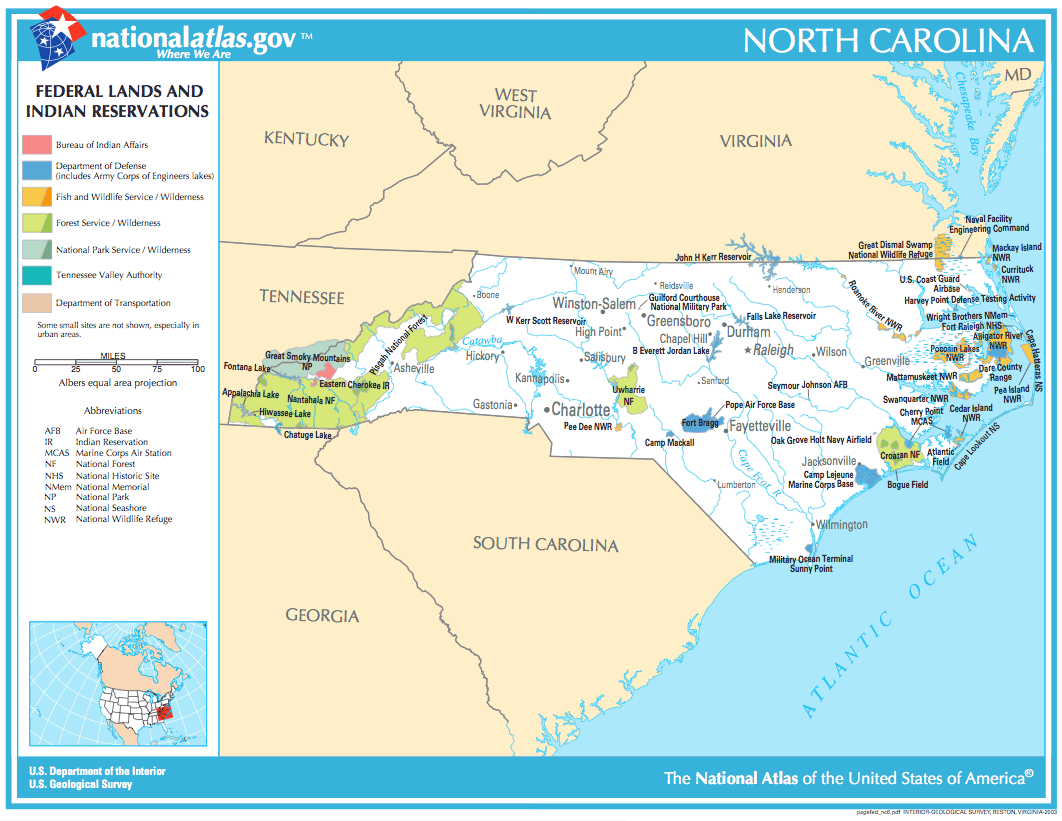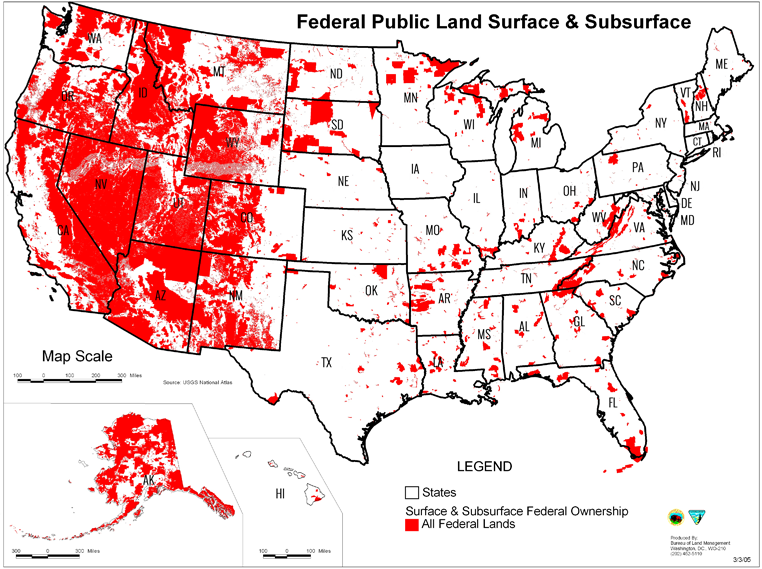In North Carolina, the federal government owns 1.7 million acres, or 7.7 percent of the state. Federal land is found in nearly half of the state’s counties, yet the majority of the federally owned land is concentrated in the western part of the state.
Counties derive the majority of their revenues from property taxes, but the inability of local governments to collect property taxes on federally owned land creates a negative fiscal impact for these counties. The five counties with the most federal land are Swain, Macon, Haywood, Graham, and Cherokee Counties, with more than 720 thousand acres among them.
In the mid-1970s, Congress created “Payments in Lieu of Taxes,” to offset this loss, and every year the federal government issues payments to local governments to help offset losses in property taxes.
This sounds like a nice idea, but each year the payment to these local governments changes, leaving these counties in limbo.
In 2015, North Carolina counties received $3.9 million, but just one year earlier North Carolina received $4.2 million for the same acreage. The formula used to compute the payments is contained in the PILT Act and is based on population, the amount of federal land within an affected county, and an annual adjustment for inflation.
This year the rate is about $2.30 per acre. Regardless of the formula’s calculation, it is ultimately up to Congress how much to pay counties.
This means that counties with a large amount of federal acreage are continually facing uncertainty and are stuck in an ongoing funding battle. The map below shows federally owned land in North Carolina.

This is a problem for North Carolina counties with large amounts of federally owned land, but it is also a problem for the state as a whole for another reason. On average, 47 percent of the Western contiguous states are federally owned, with Nevada leading the group at over 80 percent.
This means that most Western states are net “takers” of federal spending, because they lack access to the resources that would allow them to be self-sufficient. The billions of dollars the federal government spends every year to manage these federal lands in the West are paid for by states in the East, like North Carolina.

While this is a federal issue, our state lawmakers can make it very clear to North Carolina’s congressional delegation that these counties want their land back. Doing so would be one of the first steps in stopping the federal government’s overreach into North Carolina’s sovereignty.
Sarah Curry is Director of Fiscal Policy Studies for the John Locke Foundation.